

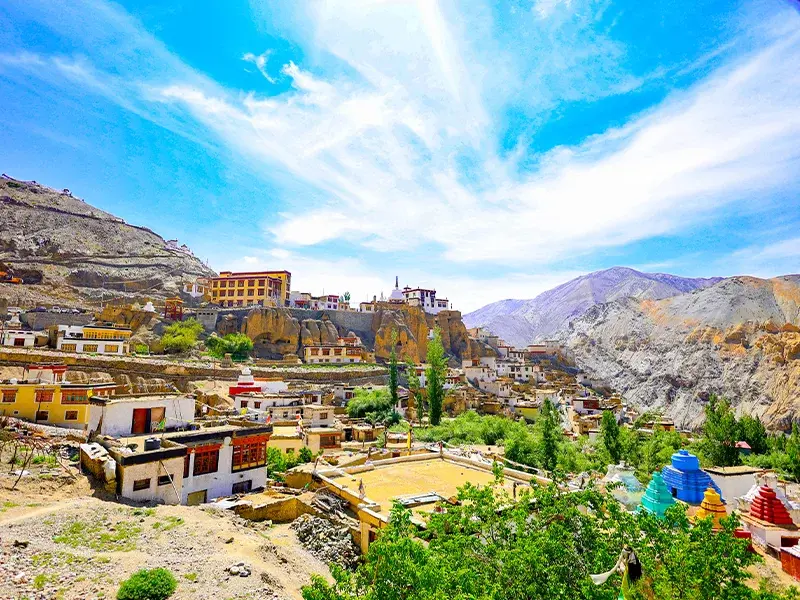
La Ma Uro is one of Zanskar’s most ancient and least-known monasteries, believed to be over 800 years old. Located in the mountains near Padum, this monastery is actually a series of natural caves, transformed into meditation chambers by early Buddhist monks.
Oral tradition says that a wandering monk from Tibet discovered this place while searching for a quieter refuge. The natural rock formations offered protection from wind, snow, and invaders. Over time, ...

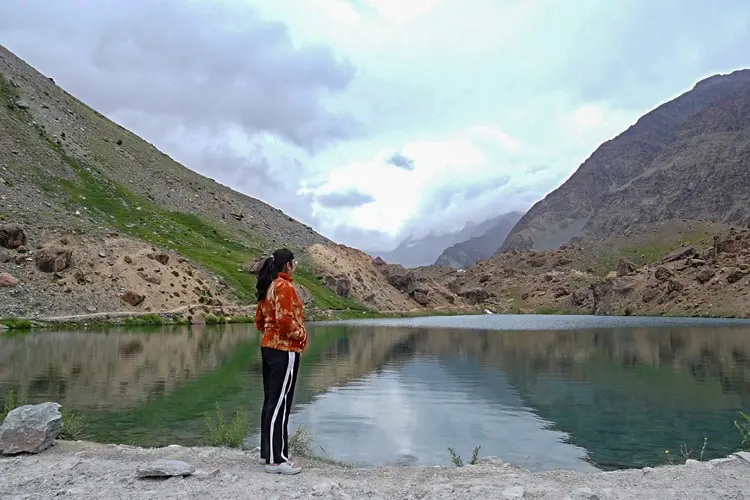
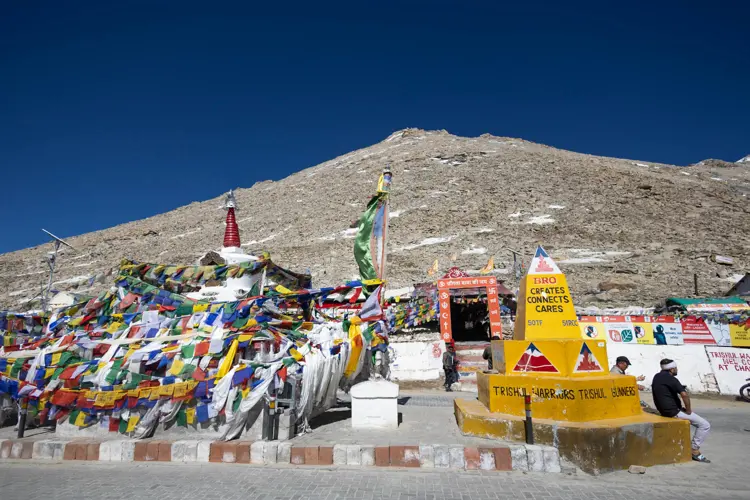
 1.jpg)
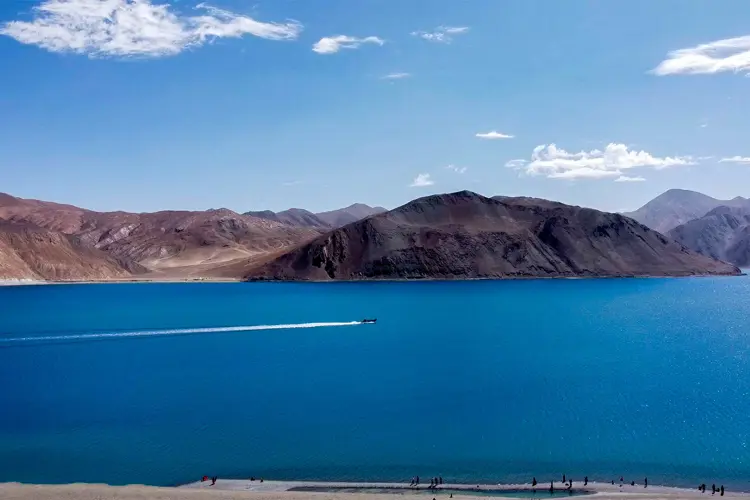
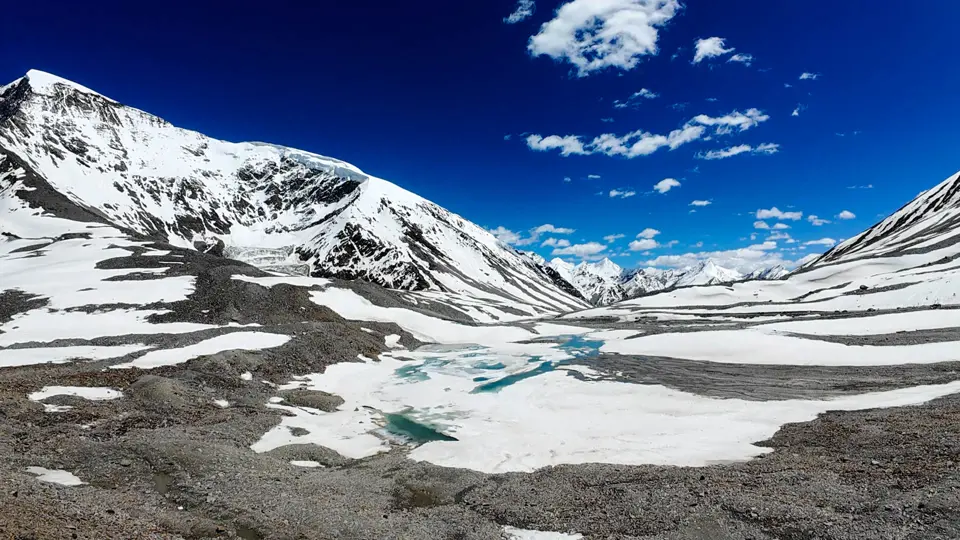
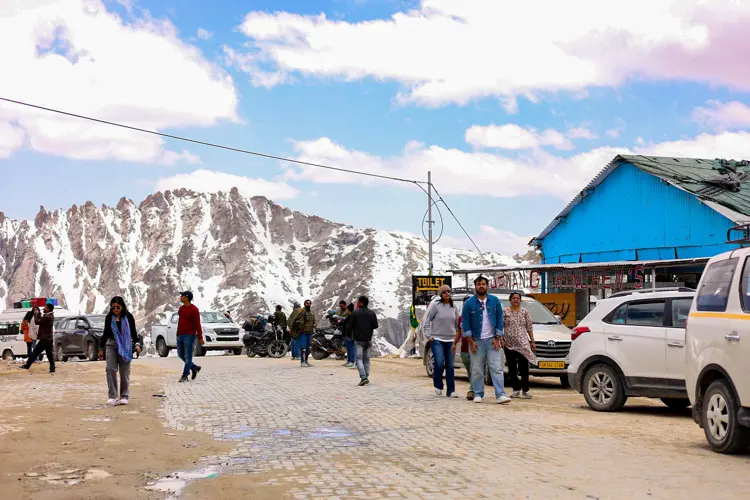
 4.jpg)

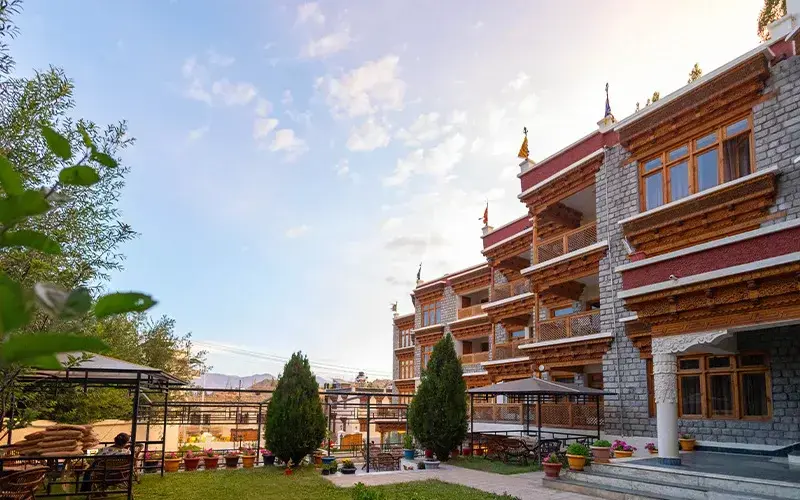
Hotels In Leh Ladakh
Experience peaceful stays amid mountains, lakes, and clear skies.
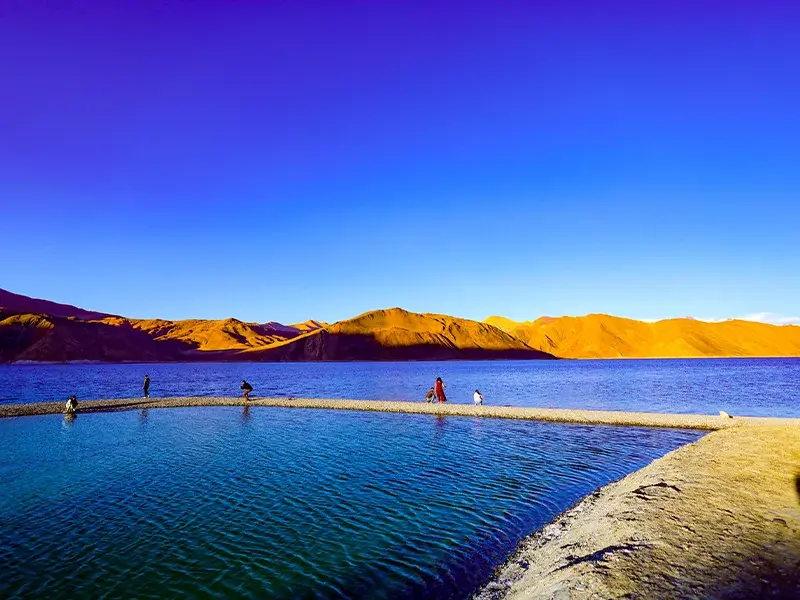
Packages Of Leh Ladakh
Experience Ladakh’s mountains, lakes and culture with our curated packages.
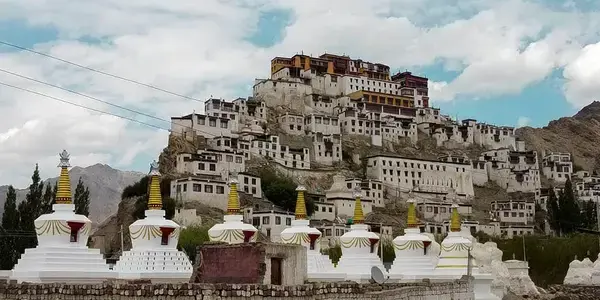
Places To Visit In Leh Ladakh
Best Places to Visit in Leh Ladakh for an Unforgettable Trip
.webp)
Blogs Leh Ladakh
High-altitude adventures and serene Tibetan-style landscapes
.webp)
Images Of Leh Ladakh
Explore Ladakh’s raw beauty through real and scenic images.
Hotels In Leh Ladakh
Packages Of Leh Ladakh
Places To Visit In Leh Ladakh
Blogs Leh Ladakh
Images Of Leh Ladakh
Warm Layers Even in Summer
Since the caves are high up and shaded, carry thermal layers, a fleece jacket, woolen cap, and gloves.
Sturdy Trekking Shoes
The climb is rough and sometimes slippery. Use high-ankle trekking shoes with good grip.
Acclimatize in Padum (1–2 Days)
Rest before your hike to avoid headaches or altitude sickness.
Bring a Basic First-Aid Kit
Carry Diamox, ORS, antiseptic, energy bars, and glucose packs. There are no medical shops nearby.
Experience Cave Meditation
Spend a few silent moments in a monk’s cell—it’s a humbling and rare experience.
Photography with Permission
Ask monks before clicking photos. Low-light shots of cave interiors can be mesmerizing.
Join a Local Guided Walk
If available, walk with a local guide who can share stories, chants, and even some ancient rituals.
Eat Before the Hike
There are no eateries at La Ma Uro. Fill up on thukpa or skyu in Padum.
Carry Dry Snacks & Water
Pack roasted barley, dry fruits, glucose biscuits, and at least 1–2 litres of water per person.
June to mid-September – before heavy snowfall blocks the trails.
La Ma Uro is one of Zanskar’s most ancient and least-known monasteries, believed to be over 800 years old. Located in the mountains near Padum, this monastery is actually a series of natural caves, transformed into meditation chambers by early Buddhist monks.
Oral tradition says that a wandering monk from Tibet discovered this place while searching for a quieter refuge. The natural rock formations offered protection from wind, snow, and invaders. Over time, the caves were carved with spiritual murals, Buddhist symbols, and small stupas, making it a center for silent meditation.
Because of its off-the-grid location, La Ma Uro was never modernized. Even today, it does not have electricity or running water. Monks live simply, often staying in caves for weeks during silent retreats.
Few outsiders knew about La Ma Uro until recent years when spiritual trekkers and photographers began documenting the site. Still, it remains one of Ladakh’s best-kept secrets, reserved for those who seek peace beyond the tourist trail.
A Monastery in Caves
Unlike large gompas, La Ma Uro is made of cave cells used by meditating monks—each carved by hand with religious art and symbols.
No Motorable Road to the Top
Visitors must hike or use ponies from the base village; the journey itself is part of the spiritual experience.
Practices Silent Retreats
Monks here often undergo 10-day or 30-day silent retreats, living on bare essentials and water from nearby springs.
Only a Few Monks Live Here
Rarely more than 5–6 monks live at La Ma Uro, choosing isolation over the comfort of larger monasteries.
Considered Spiritually Powerful
Locals believe the energy in these caves enhances meditation, and that even the rocks vibrate with centuries-old mantras.
The Cave That Saved a Life
In the 1970s, a shepherd boy from a nearby village got lost during a storm. He stumbled upon La Ma Uro caves, where a monk gave him shelter, food, and warm butter tea. The boy stayed for three nights before being guided back. Years later, that boy became a monk himself and returned to live in the same cave. He now tells visitors, “The mountain chose me. I just listened.”
A Photographer’s Awakening
A photographer from Delhi reached La Ma Uro expecting dramatic cave shots but found something deeper. Sitting beside a silent monk for an hour, without speaking, he felt a strange calm. “I didn’t click a single photo,” he later shared, “but I left with peace I hadn’t known for years.”
The Himalayan Mountains are a majestic mountain range in South Asia, spanning five countries. They boast the world's highest peaks, including Mount Everest. These young, growing mountains feature rugged, snow-capped peaks, deep valleys, and glaciers. The Himalayas influence regional climate, harbor unique biodiversity, and hold cultural and spiritual significance. They attract adventurers, nature lovers, and spiritual seekers from around the world.